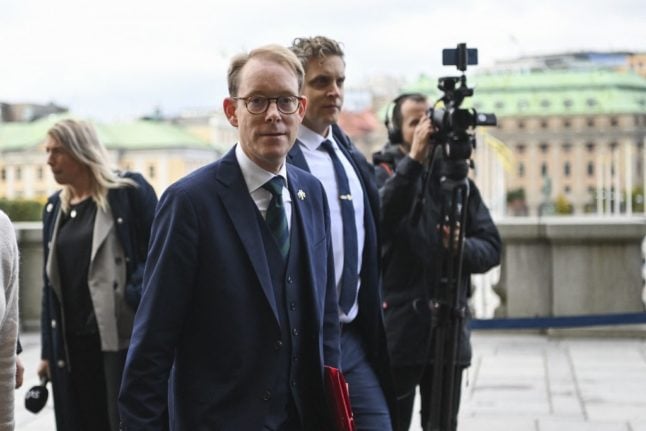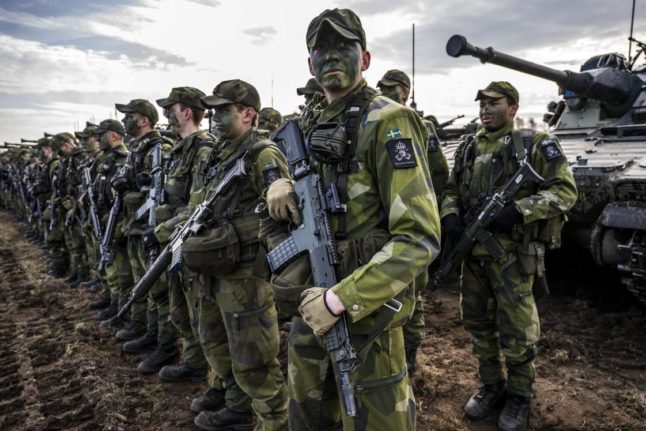Sweden’s foreign minister on Saturday sought to distance Stockholm from the Kurdish YPG militia, days before the Scandinavian country’s prime minister is to visit Ankara hoping to secure support for its NATO bid.
“I think it is important that there is a distance to this organisation from the Swedish side”, Tobias Billstrom told broadcaster Sveriges Radio after he was asked about the YPG’s track record.”We think there are doubts and problems regarding those who are damaging our relationship with Turkey,” he said.
Following Russia’s invasion of Ukraine, Finland and Sweden dropped a decades-long policy of military non-alignment to seek NATO membership in May.
But Turkey has held back on ratifying their applications — focusing especially on Stockholm — for what it describes as leniency towards the Kurdistan Workers’ Party (PKK) and other Kurdish groups.
The PKK has for many years staged an insurgency against the Turkish state which has claimed tens of thousands of lives. It is designated as a terrorist organisation by Ankara and most of its Western allies.But the group’s Syrian offshoot, the People’s Protection Units (YPG), has been an important player in the US-led international alliance against the Islamic State group in Syria.
While Sweden has in the past expressed support for the YPG and its political arm the Democratic Union Party (PYD), the country’s new government appears to be changing that stance.
“There is too close a link between these organisations and the PKK, which is a terrorist organisation listed by the EU,” Billstrom said.
READ ALSO: Turkey warns Finland, Sweden must ‘take steps’ before NATO approval
Turkey will not formally approve Finland and Sweden’s membership of NATO until the two countries take the necessary “steps”, Turkish President Recep Tayyip Erdogan told alliance chief Jens Stoltenberg on Friday.
All 30 NATO member states except Turkey and Hungary have ratified the accession of Sweden and Finland.
New Swedish Prime Minister Ulf Kristersson will visit Ankara on Tuesday to meet with Erdogan in a trip that Stockholm hopes will lead to Turkey’s approval.



 Please whitelist us to continue reading.
Please whitelist us to continue reading.
Member comments